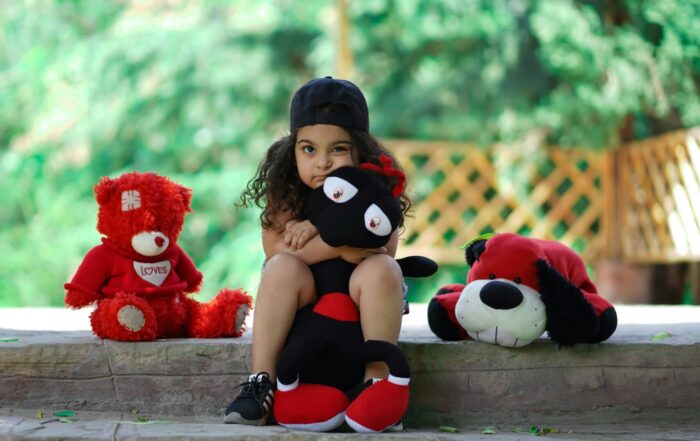
By David M. Allen, M.D.
One of the things that child abuse deniers like the False Memory Syndrome Foundation focus on, besides child abuse apologist Elizabeth Loftus’s irrelevant arguments about the unreliability of memory (more on that at the end of the post), is the fact that many adults who claim to have been victims of incest as children did not tell any other adults about it at the time the alleged incidents took place.
Some children do tell. So why wouldn’t the others?
May logical-sounding explanations have been advanced to explain why not. In an article in the December 2010 issue of Psychiatric Times, Richard Kluft lists several of them: incomprehension, shame, fear of retaliation, and the misperception that the child is to blame. He also mentions loyalty conflicts, but more on that shortly.
Share This Post!
Stress & Trauma Toolkit for Treating LGBTQ in a Changing Political and Social Environment
By American Psychiatric Association Violence against the LGBTQ community has increased over recent years. In 2016, the Pulse nightclub shooting in Orlando shocked the nation—with a single gunman killing 49 people and [...]
How Organizations Can Support LGBTQ Youth Facing Trauma
By Center on Child Wellbeing & Trauma As an organization that supports children who have experienced trauma, it’s important to remember that every child’s experience is different. Those in the LGBTQ community need [...]
Trauma-Informed Care
By healthcaretoolbox.org A guide for patients and caregivers to advocate for trauma-informed care in all aspects of healthcare. Read Article [...]
After the Trauma: Helping My Child Cope
By The Center for Pediatric Traumatic Stress at Children's Hospital of Philadelphia and Nemours / Alfred I. duPont Hospital for Children A helpful toolbox to assist parents with what they can [...]
The Power of Mindfulness
By Juliann Garey Mindfulness is a meditation practice that helps you calm down. It starts with focusing on your breathing. It helps you stay in the present instead of worrying about the [...]
Adverse Childhood Experiences
By CDC ACEs are common. About 64% of adults in the United States reported they had experienced at least one type of ACE before age 18. Nearly one in six (17.3%) [...]







